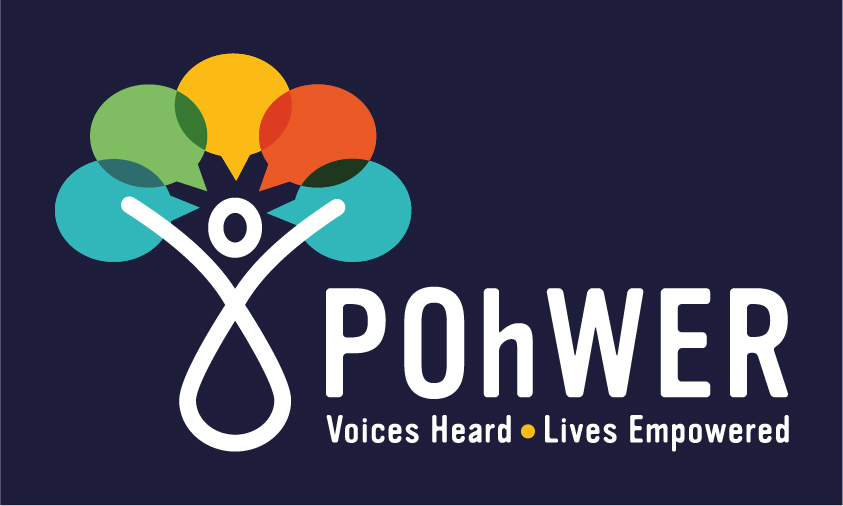The main barriers to volunteering include a lack of flexibility and suitability of roles as well as concern that they will not be reimbursed for any expenses involved, research has revealed.
According to the NCVO’s Time Well Spent report, the charity sector needs to take steps to tackle practical barriers and consider recruits’ changing expectations around roles amid a decline in volunteering.
Among those surveyed who had considered volunteering over the last year, the most common barriers include thinking it involved more time than they can commit, which was cited by more than a fifth (21%).
Lack of flexibility was mentioned by 14%, while the same proportion did not believe roles matched their skills, interests, or experience.
Concern around expenses is another barrier. Among those who hadn’t volunteered, 14% were worried they would not receive expenses. This is higher among young people, with a fifth (20%) of 18–24-year-olds concerned they would not be reimbursed. The figures indicate that the cost-of-living is a factor as in 2018 less than one in ten (9%) of all those who had not volunteered were concerned they would be left out of pocket.
There is also a lack of clarity around expenses among more than half of those who are volunteering. The research found that only 55% say their charity or organisation would reimburse them, while 16% do not know if they can gain money back on their expenses.
The NCVO says that most (82%) volunteers report their charity is flexible with time given and called on the sector to offer more flexible options, including virtual volunteering, to attract new recruits.
Many charities “have had to adapt their volunteering opportunities over the last few years to respond to social distancing measures as well as new need in communities,” said NCVO chief executive Sarah Vibert.
Volunteering in decline
The NCVO cites latest government figures that show that the proportion of the UK population who had volunteered at least once a month has fallen from 23% in 2019/20 to 16% in 2021/22.
It also found that volunteers are less likely to continue giving up their time for good causes than before the Covid pandemic. The overall likelihood to continue has dropped from 80% in 2018 to 77% in 2022.
“Most people said having less time due to changes in circumstances is the main reason they’re stopping. Being unhappy with the way their volunteering group is managed and organised is much less common (10%),” said the NCVO.
“This data suggests we need more focus on retaining volunteers, particularly given overall volunteer numbers have decreased.
This week CAF’s UK Giving Report revealed that only 13% of people had volunteered over the last year, while pre pandemic the figure was 17%. This represents 1.6m fewer people volunteering over the past five years.
Vibert added that “the impact of covid on volunteering has been profound”.
“People who were lifelong volunteers broke their habit during the pandemic and haven’t yet got back to it. Given how important volunteering is to our social fabric - and how much people get out of it - we need an urgent focus on helping people find opportunities that suit them.”
Latest News
-
2025: A year in the news
-
Funder launches initiative to improve charity board diversity
-
National Trust's former legal counsel takes senior role at charity regulator
-
2025: The long-reads
-
Government ‘slow to tweak’ consumer law to protect charities, MP warns
-
City of Culture charity to be supported for further two years
Charity Times video Q&A: In conversation with Hilda Hayo, CEO of Dementia UK
Charity Times editor, Lauren Weymouth, is joined by Dementia UK CEO, Hilda Hayo to discuss why the charity receives such high workplace satisfaction results, what a positive working culture looks like and the importance of lived experience among staff. The pair talk about challenges facing the charity, the impact felt by the pandemic and how it's striving to overcome obstacles and continue to be a highly impactful organisation for anybody affected by dementia.
Charity Times Awards 2023
Mitigating risk and reducing claims

The cost-of-living crisis is impacting charities in a number of ways, including the risks they take. Endsleigh Insurance’s* senior risk management consultant Scott Crichton joins Charity Times to discuss the ramifications of prioritising certain types of risk over others, the financial implications risk can have if not managed properly, and tips for charities to help manage those risks.
* Coming soon… Howden, the new name for Endsleigh.
* Coming soon… Howden, the new name for Endsleigh.
Better Society

© 2021 Perspective Publishing Privacy & Cookies











Recent Stories